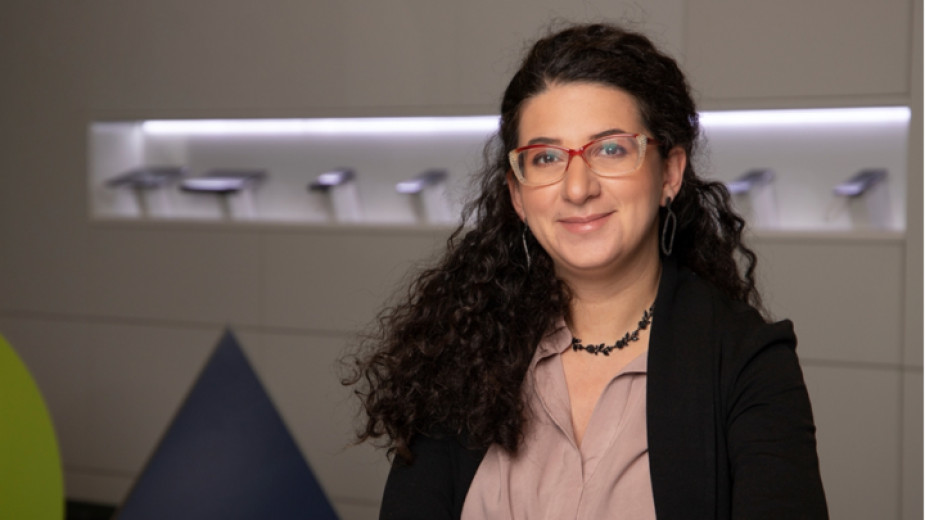 4
4
The survival of millions of people around the world, living in conditions of war, hunger, disease and immense despair, is at stake every day. We often approach immigrants from such countries with hostility rather than understanding. What they have experienced by the time they reach Bulgaria may be a real nightmare of unimaginable proportions. The life of Dina Djevali, forced to flee Syria three years after the war began, is further proof of these words:
"During war, you see and experience a lot of bad things. When I say bad, though, I'm not sure people understand exactly what I mean. There are horrible things here and everywhere, but the levels of "horribleness" there are completely different," Dina says firmly. "I remember something that had a huge impact on me, related to my best friend, Nizar. He was supposed to join the army, which is mandatory in Syria. I remember that one night before he left, he called me and asked me to promise that I would take care of myself. I promised him, but a few months later I found out that he had died. His parents wanted to organize a funeral, but he was found in an area from which they refused to hand over the body. In the end, the parents still held a memorial service, even though his body was missing. A few days later, they found out that his body was in the hospital, and his mother went to identify the body. However, she could not, because it was too hot where he was found and there was not much of the body left. My aunt managed to recognize him, they organized a second funeral… But why am I telling you this story? I see that in Bulgaria, and everywhere, people feel bad when someone passes away. This is normal. But I want to say that death is not the same for everyone. A death like Nizar's, in which parts of his body are missing and his mother cannot identify him, is more terrible than someone passing away in their own bed surrounded by family."

"That's why when I arrived in Bulgaria, nothing is difficult for me anymore and nothing can stop me. I saw and experienced a time when you really have no chance of doing anything. It's not like that here, but people just forget that easily."

The project “The Charisma of Bulgarians” is, in essence, a bridge between different worlds . With it, Dimitrinka Yordanova Komanduci - psychologist, psychotherapist, vocal coach, and author of “Your Voice Can Change Your Life” - aims to create a..
Timișoara, a large multicultural city in western Romania, is the center of the historical community of the Banat Bulgarians . The members of this community are descendants of settlers from the Bulgarian lands nearly three centuries ago, who have..
In Gabrovo – a city in the geographical center of Bulgaria, once described as the Bulgarian Manchester, but today facing demographic challenges – there are young people who believe that the future can be better and that this largely..
Timișoara, a large multicultural city in western Romania, is the center of the historical community of the Banat Bulgarians . The members of this..
The project “The Charisma of Bulgarians” is, in essence, a bridge between different worlds . With it, Dimitrinka Yordanova Komanduci - psychologist,..

+359 2 9336 661
